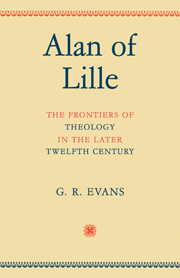Summary
In 1116 Henry, a renegade monk, entered Le Mans preceded by two disciples bearing a cross. He had formed the view that the clergy should live like the seventy apostles Jesus sent out two by two into the towns and villages to preach (Matthew 10.7–13), poor wanderers, without the backing of the great institutional structure of the Church. His thinking seems gradually to have hardened into a vigorous anticlericalism. He taught the laity to confess to one another, saying that priests had no power to forgive men their sins. He rejected the doctrine of the Eucharist, and indeed all the priestly functions of administering the sacraments.
He represented a type of holy rebel not uncommon in the late eleventh and early twelfth century, often a monk who had grown dissatisfied with the monastic life of even the best of Benedictine houses (and there were many which left much to be desired); the ideal of the Apostolic Life, envisaged as a missionary, or pastoral or spiritual ideal, possessed a powerful attraction for such individuals. Out of these attempts to rediscover true Christian life as it was lived among the first followers of Christ, came some of the greatest and most respected movements of the twelfth century. Robert of Molesme led a group of friends to a new poverty of monastic life, and a young convert called Bernard was drawn to the house he founded at Citeaux with a group of his friends and family.
- Type
- Chapter
- Information
- Alan of LilleThe Frontiers of Theology in the Later Twelfth Century, pp. 102 - 132Publisher: Cambridge University PressPrint publication year: 1983



